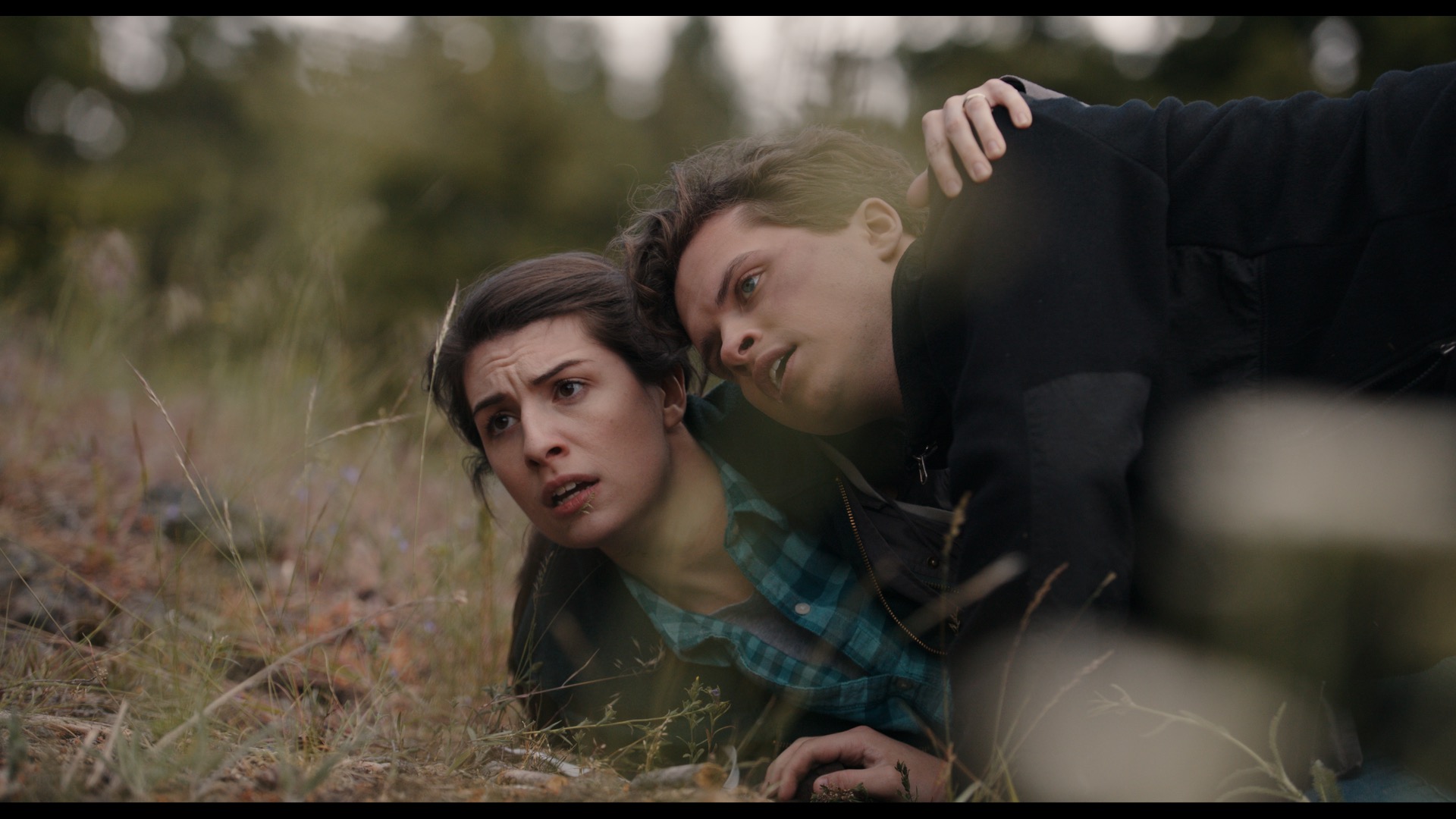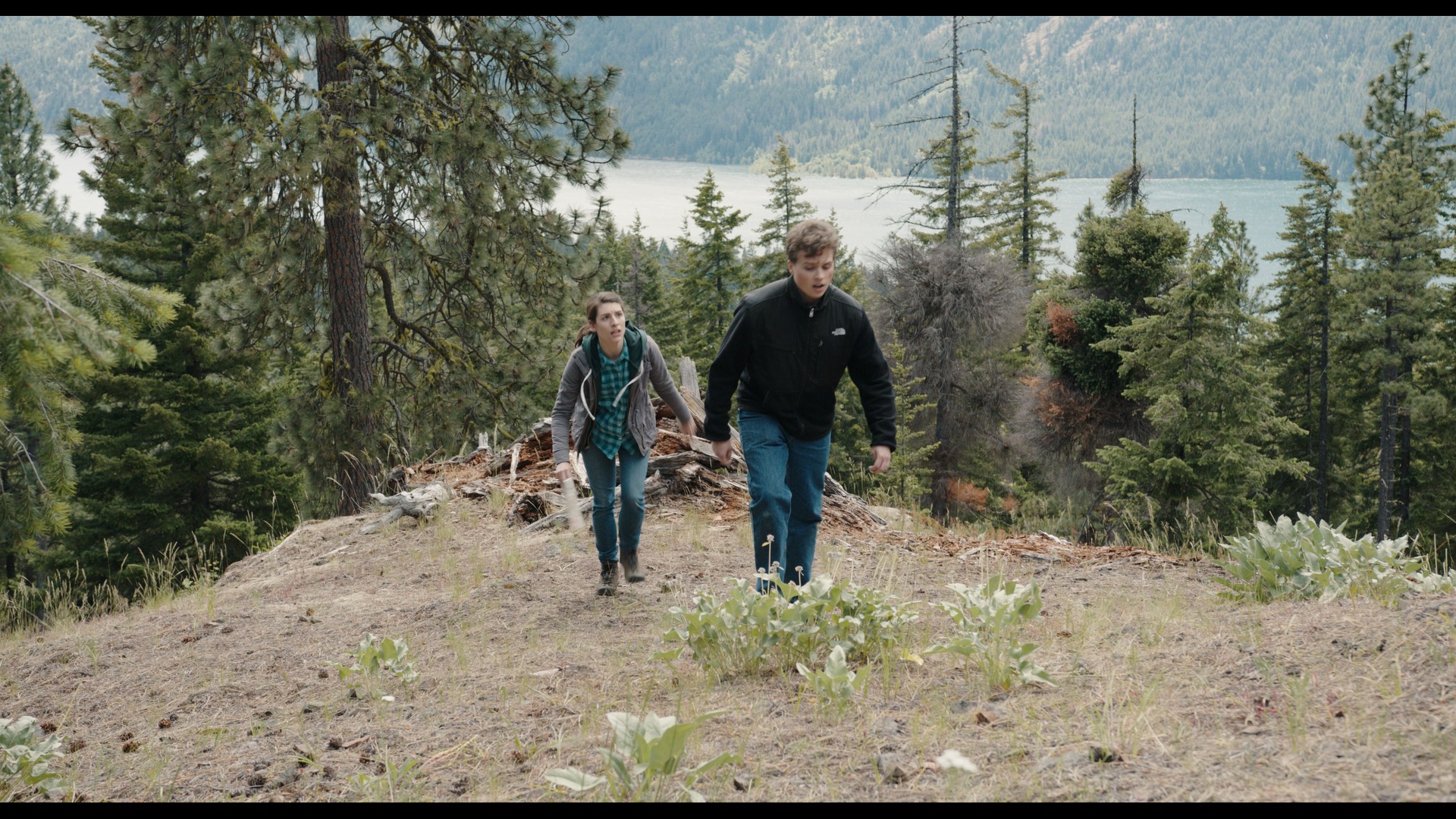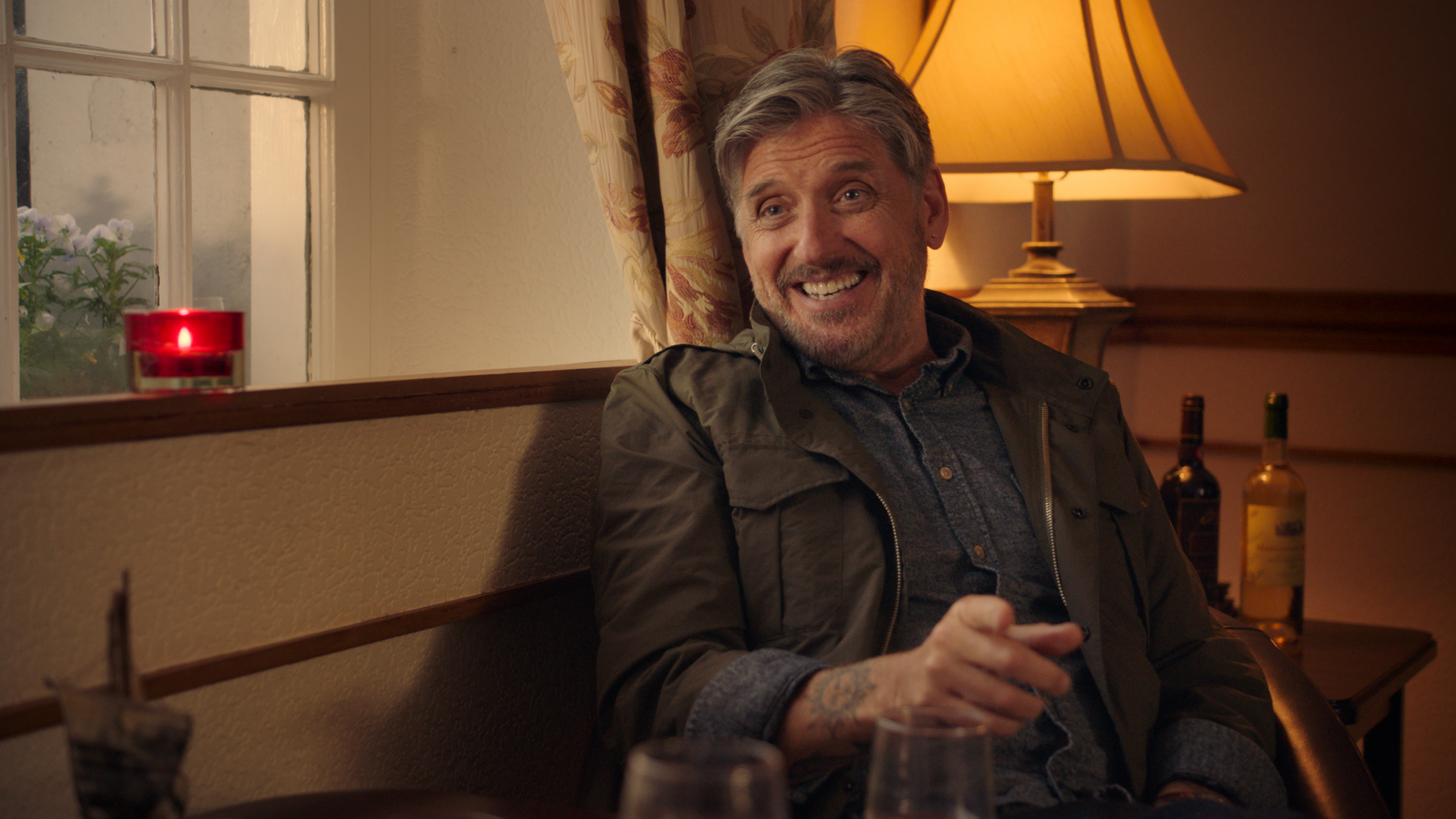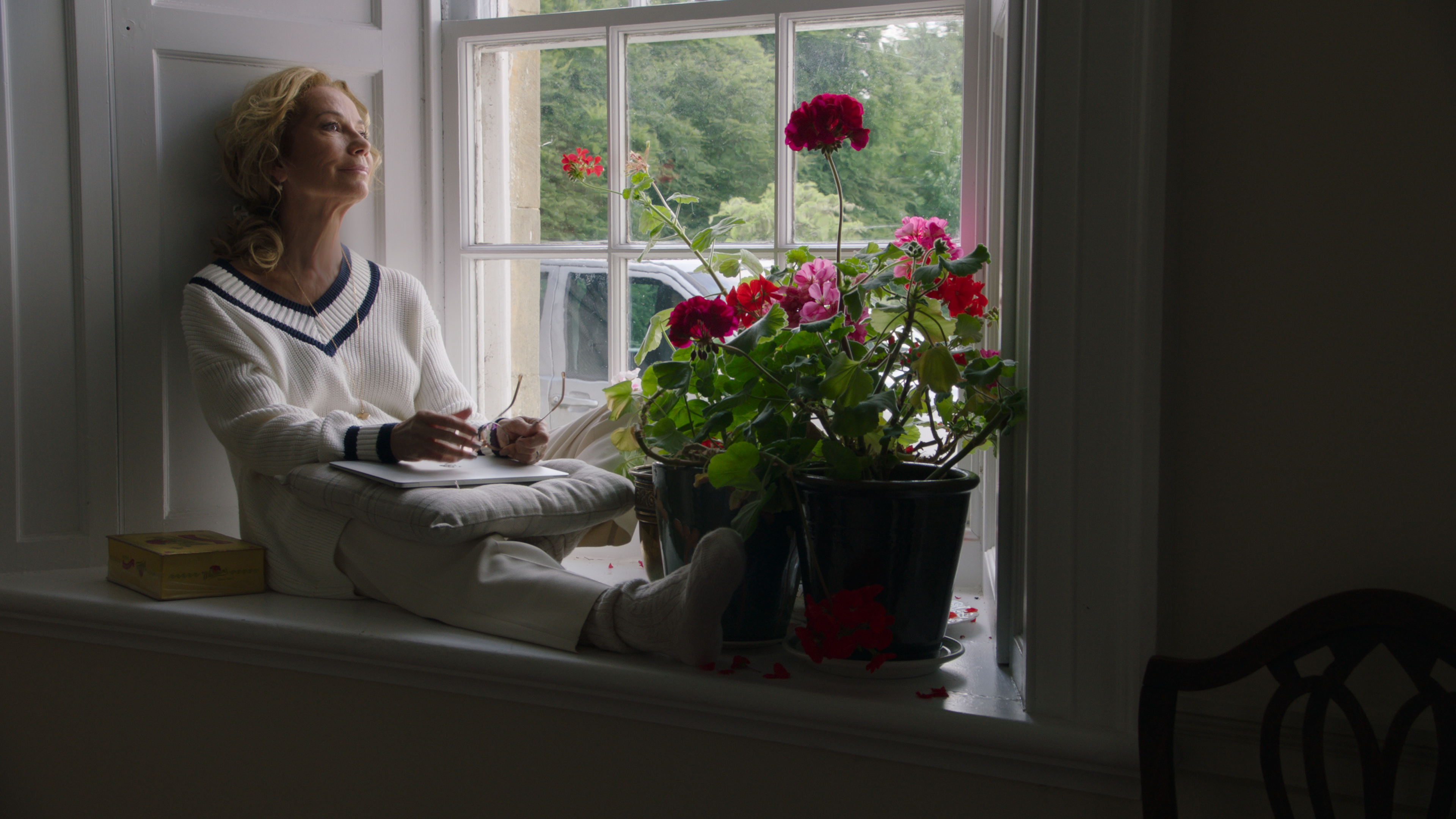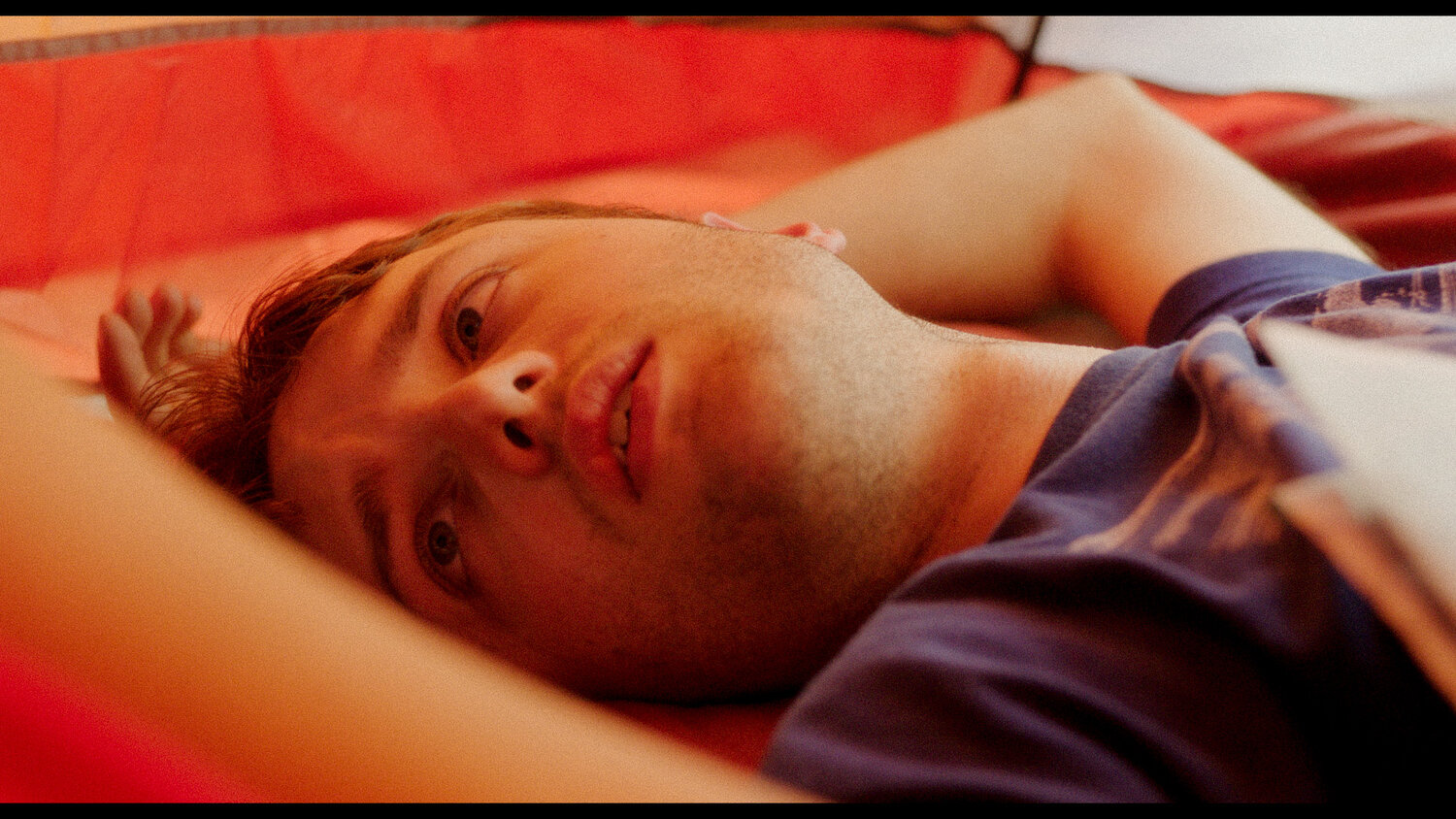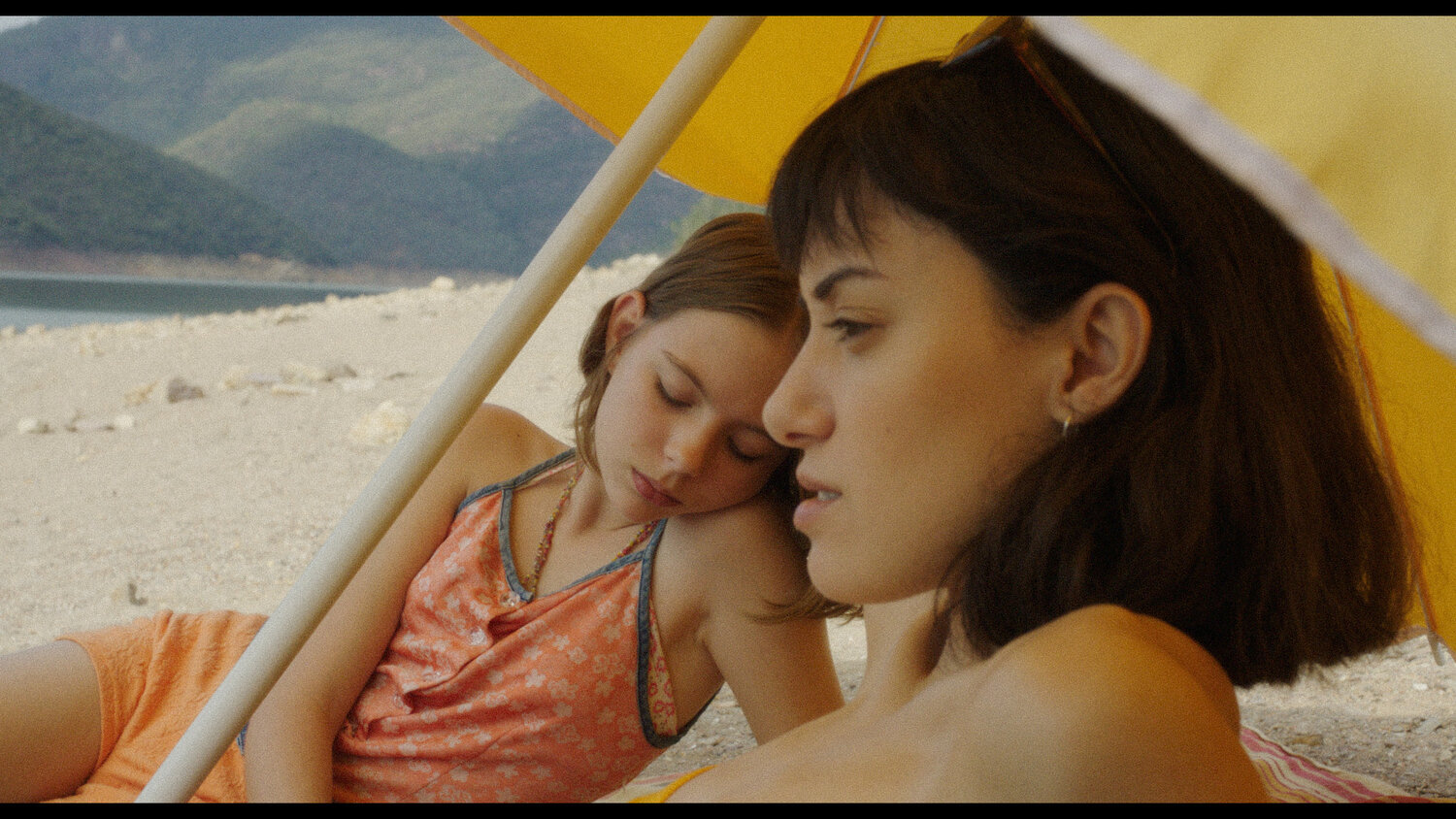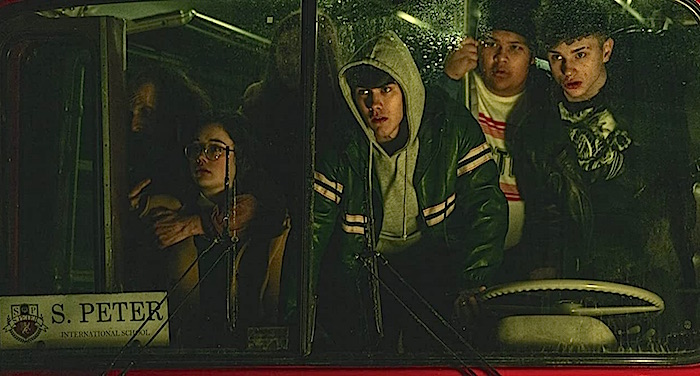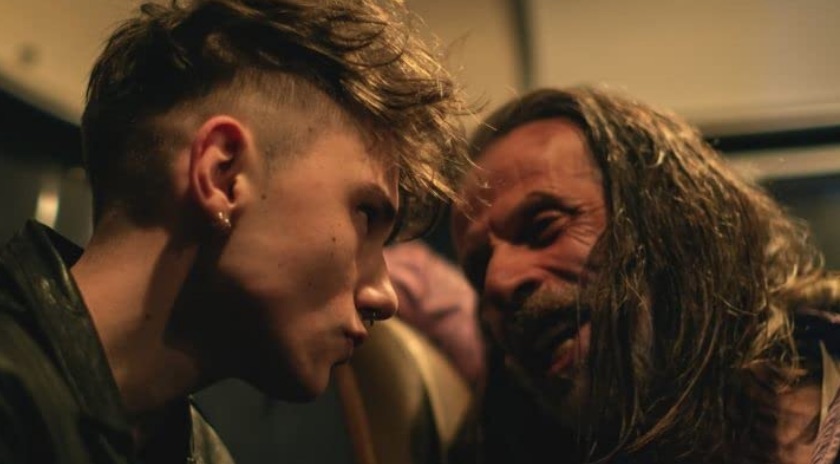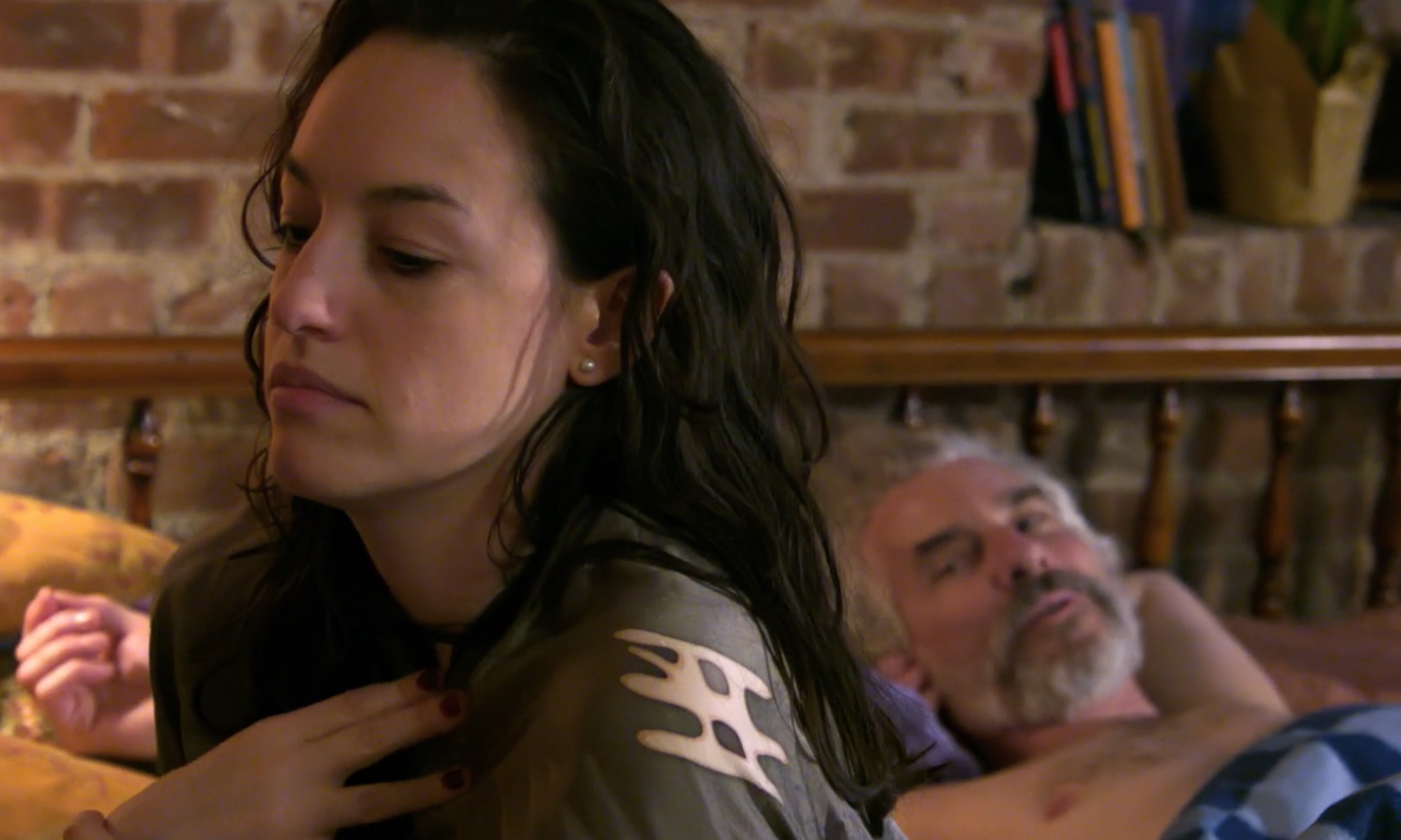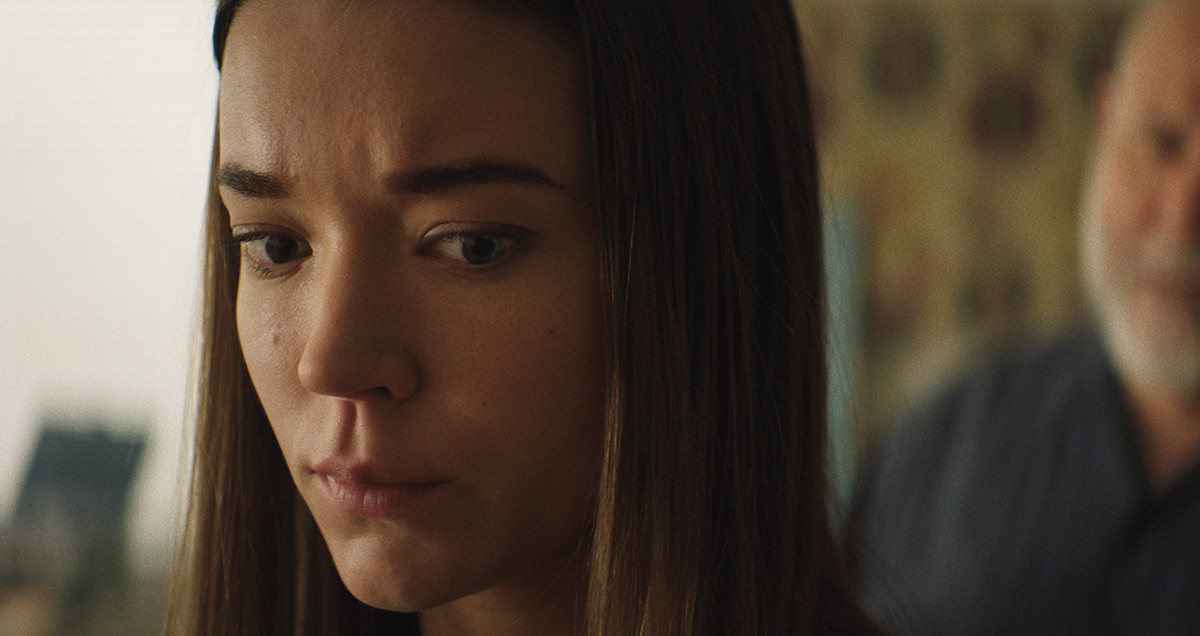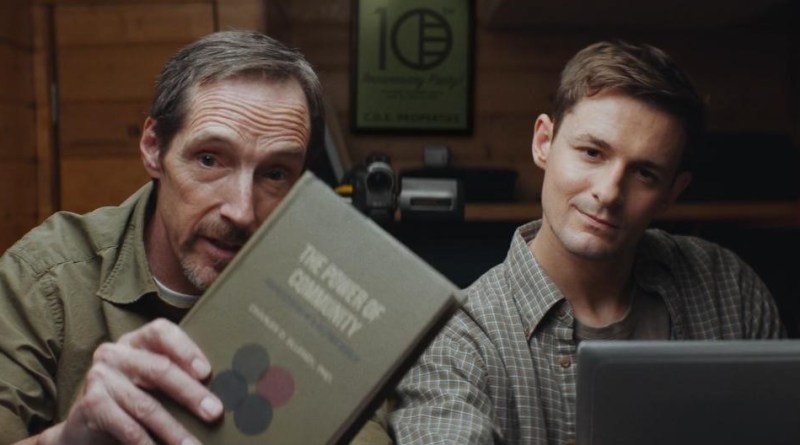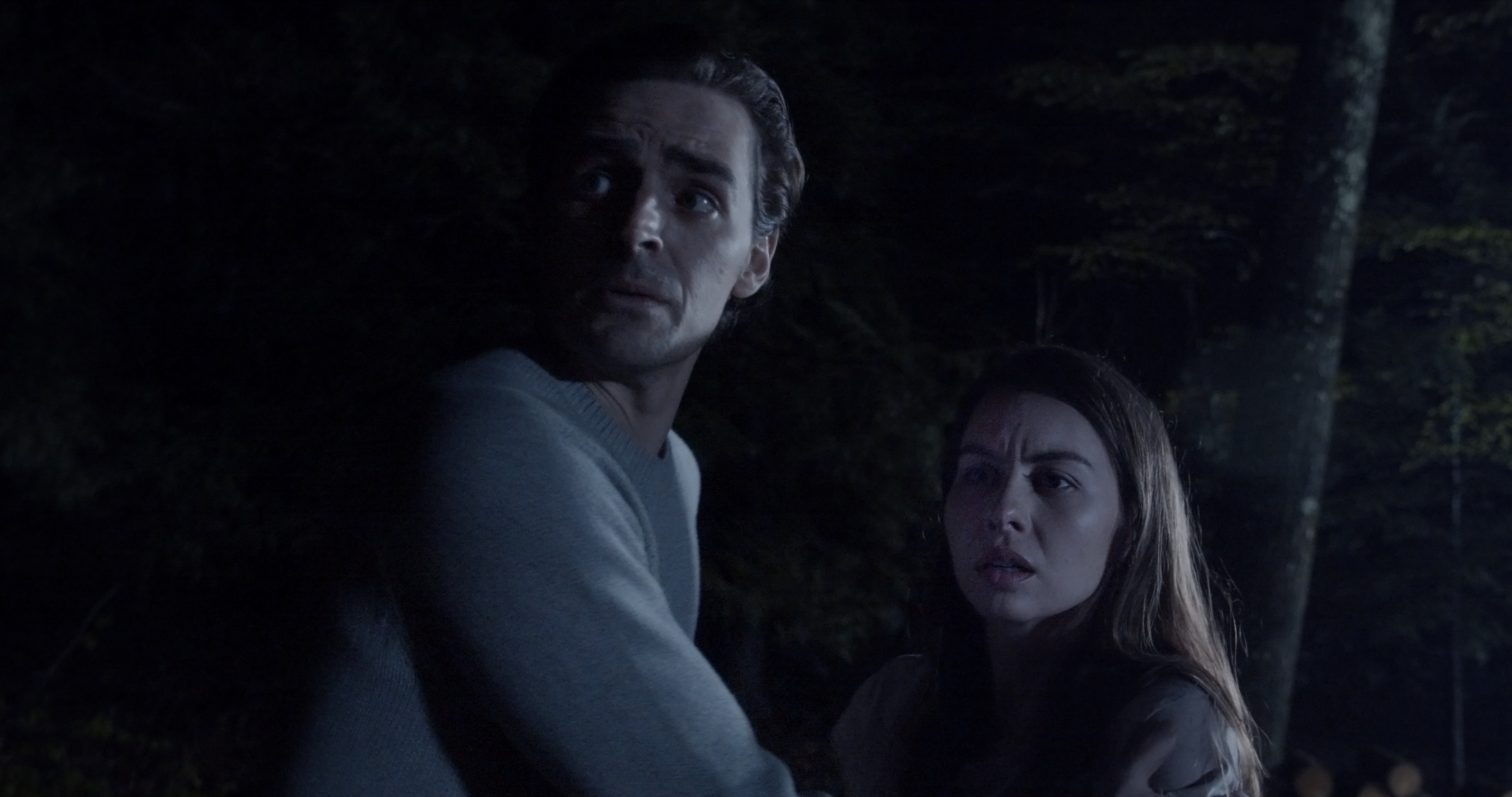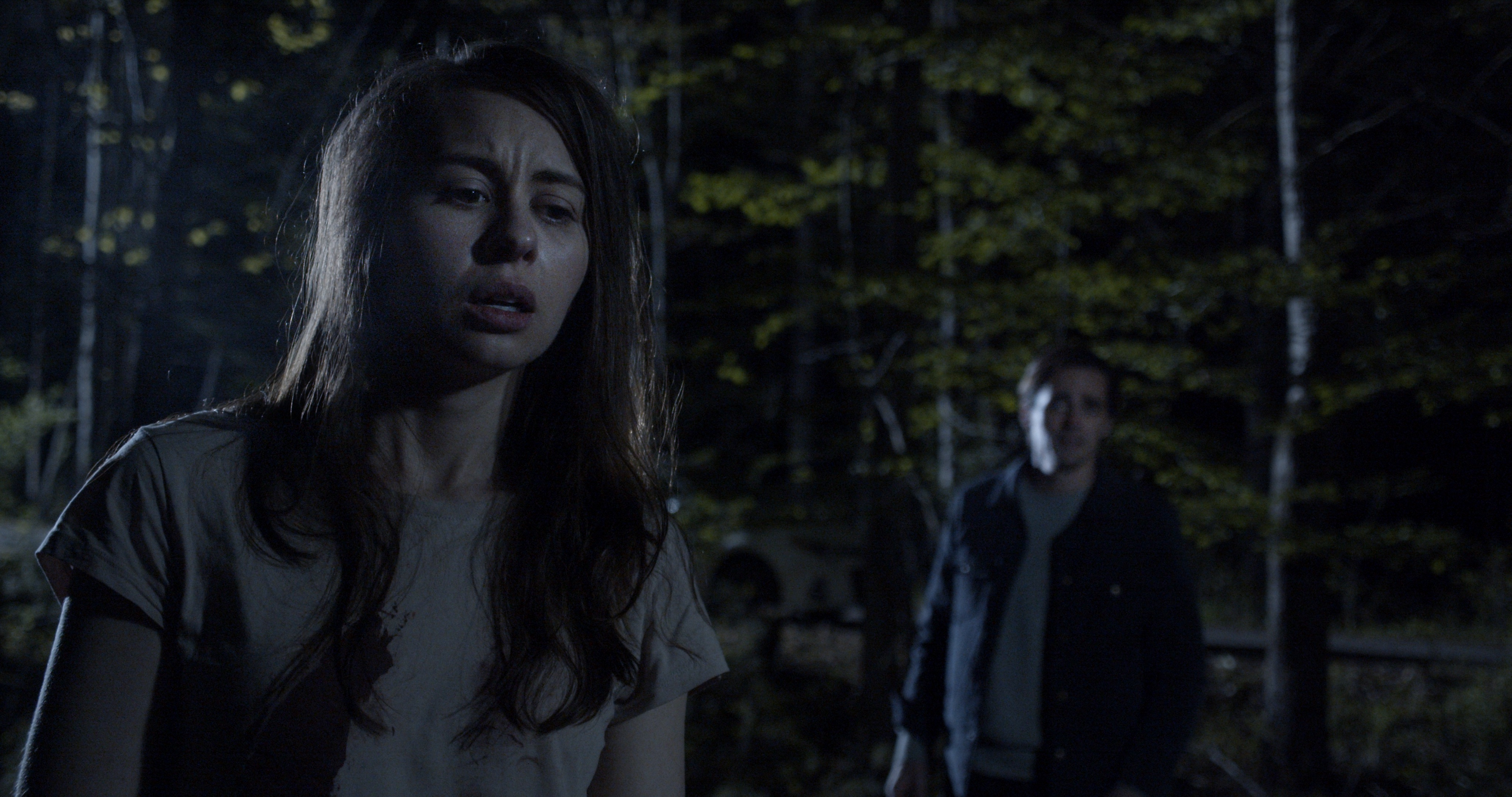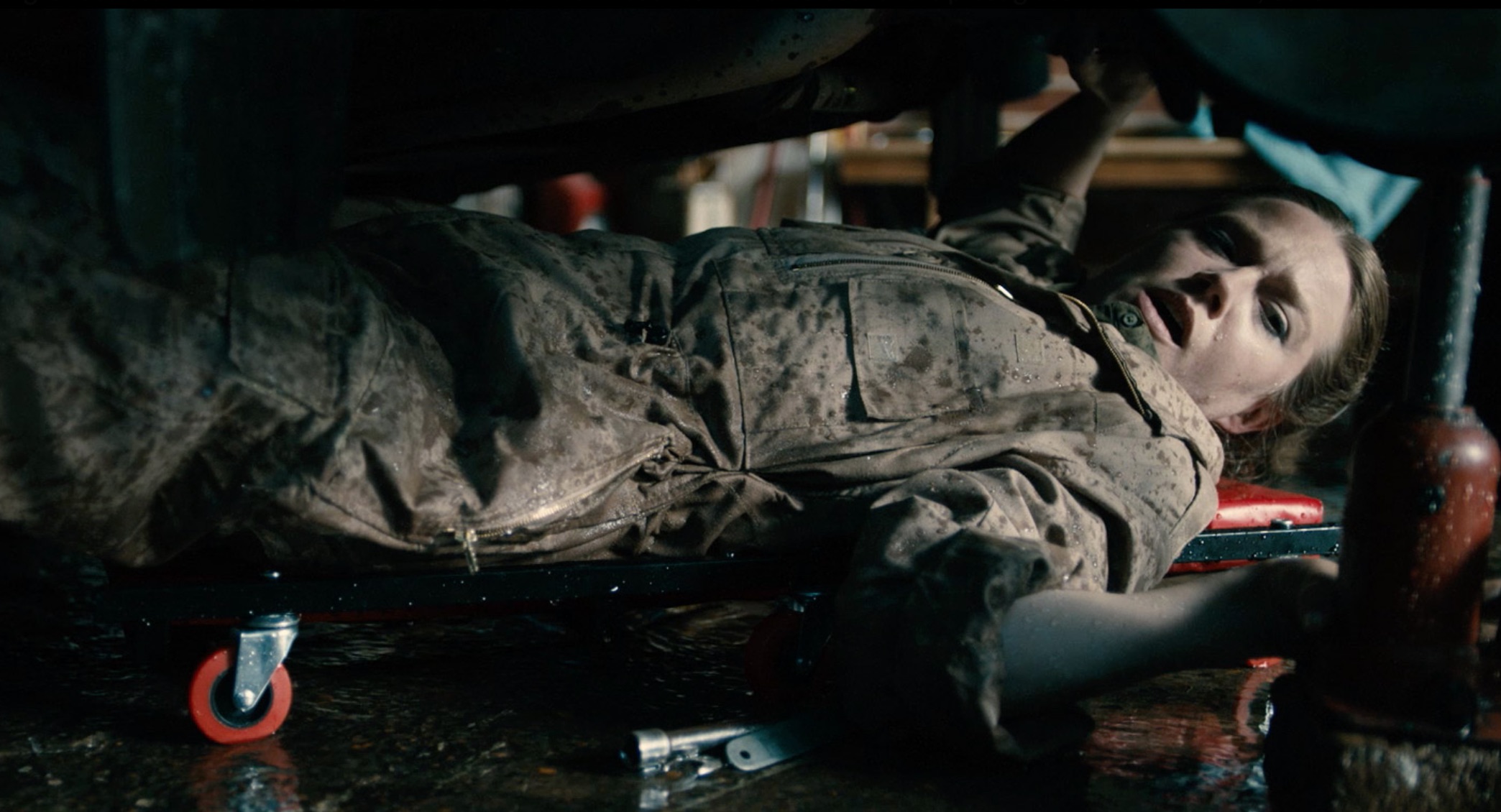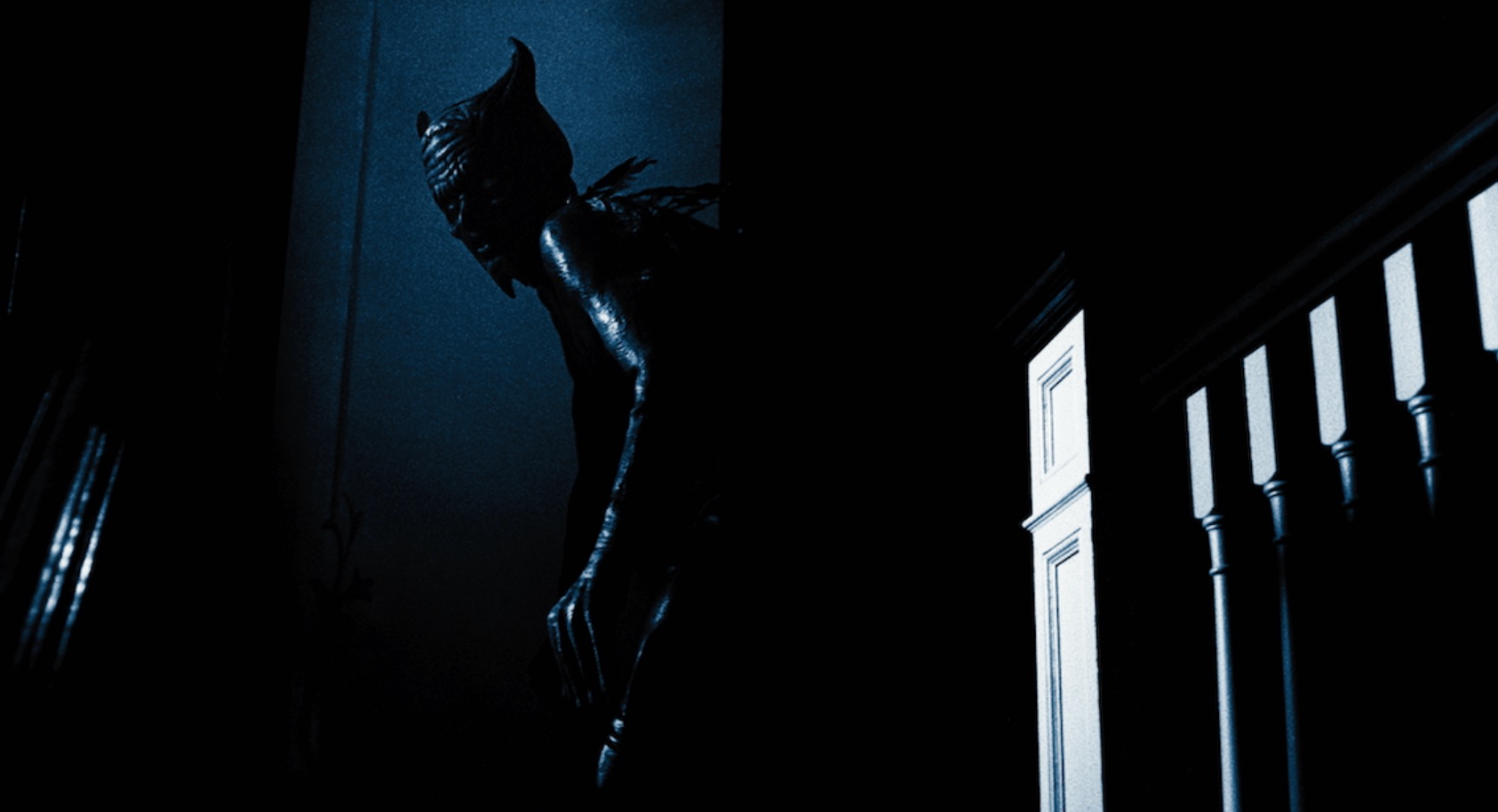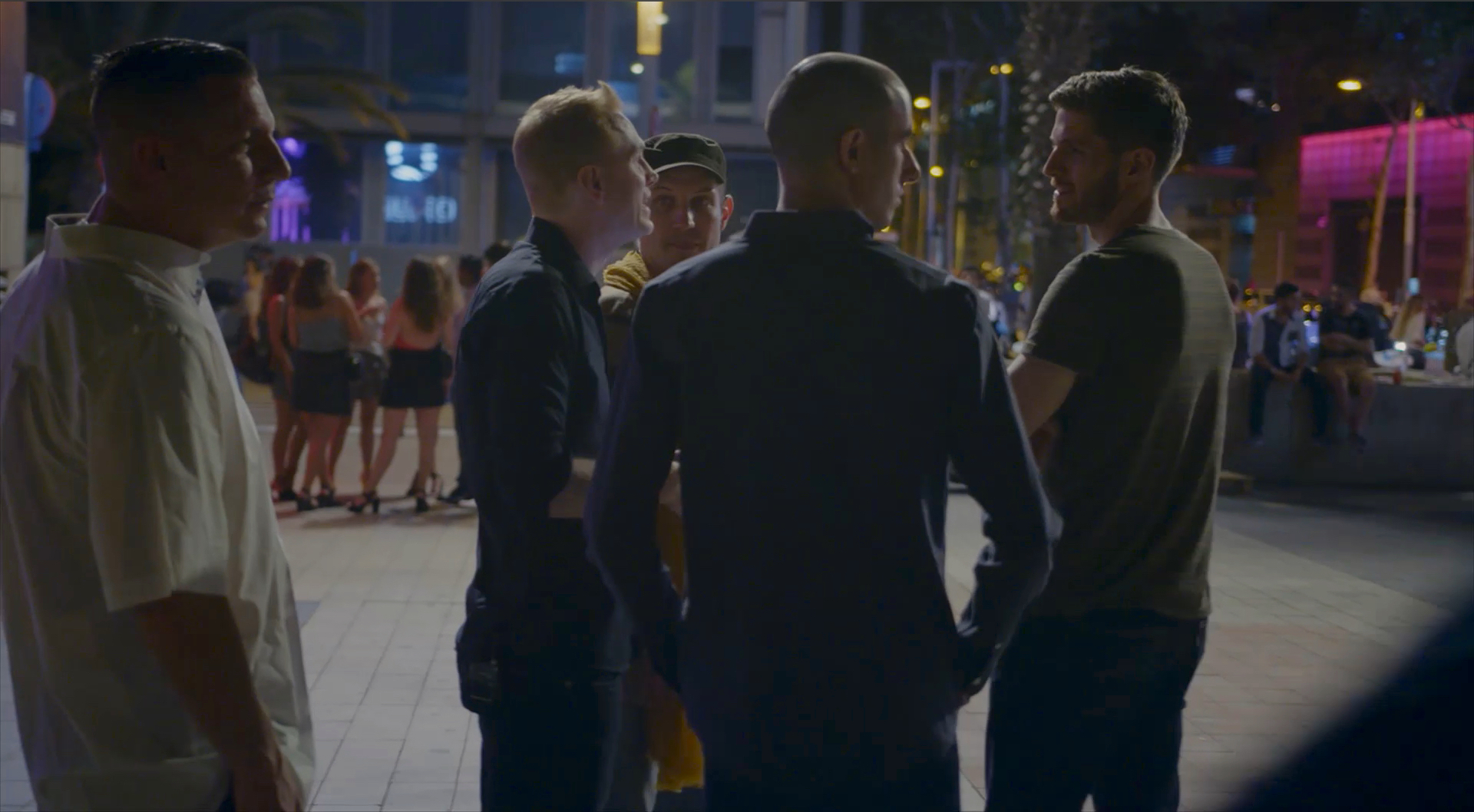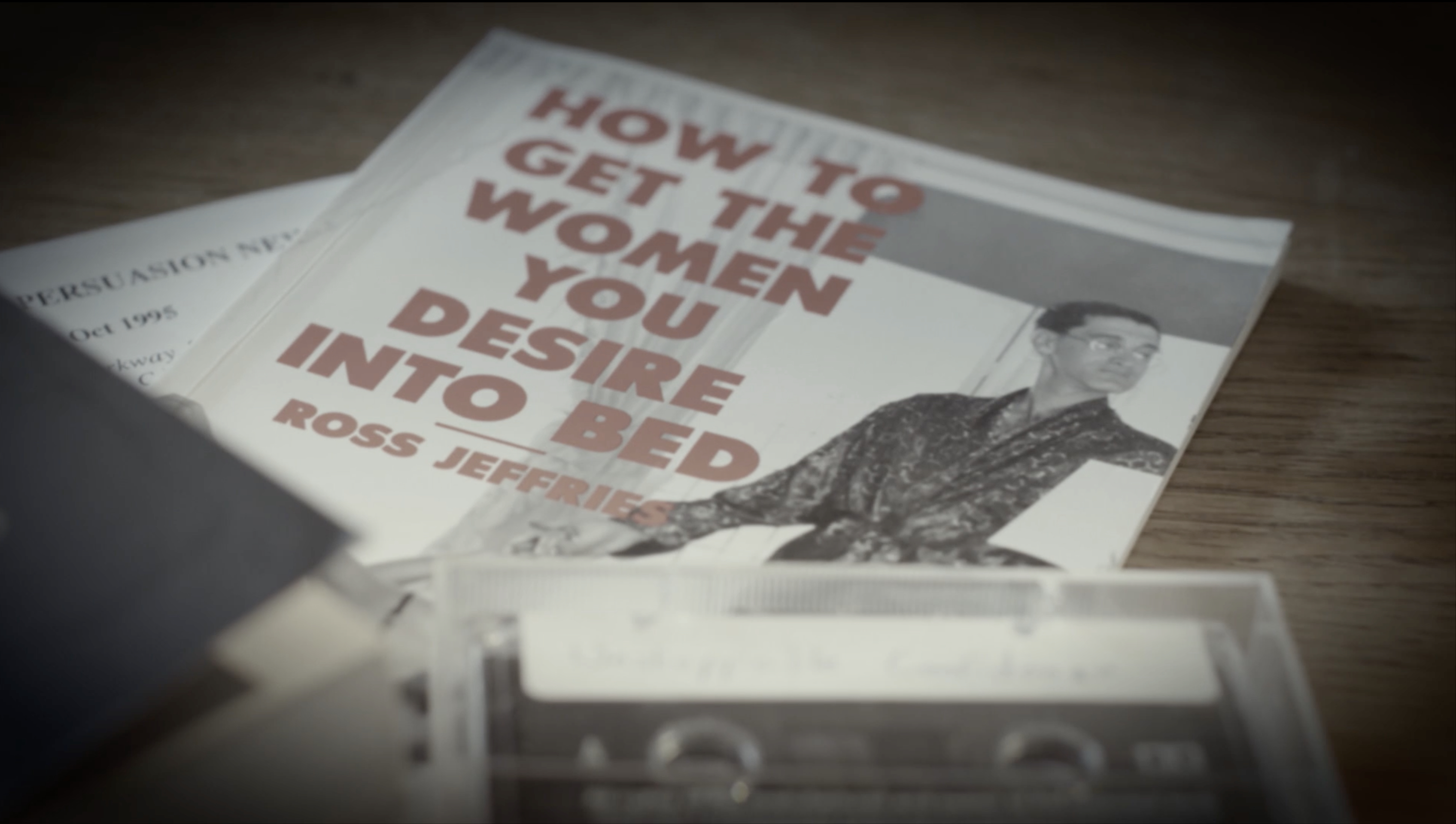CENTRAL PARK
 Wednesday, May 12, 2021 at 9:11PM
Wednesday, May 12, 2021 at 9:11PM
Stars: Justiin A. Davis, Grace Van Patten, Deema Aitken, Ruby Modine, Guillermo Arribas, Michael Lombardi, Sarah Mezzanotte, Jordyn DiNatale, Marina Squerciati, Malika Samuel, Nicole Balsam, David Valcin and Justin Reinsilber.
Writer/Director: Justin Reinsilber
Now streaming in Australia and New Zealand on Fetch, iTunes, Google Play and YouTube.
Rating: ★ ★ ★
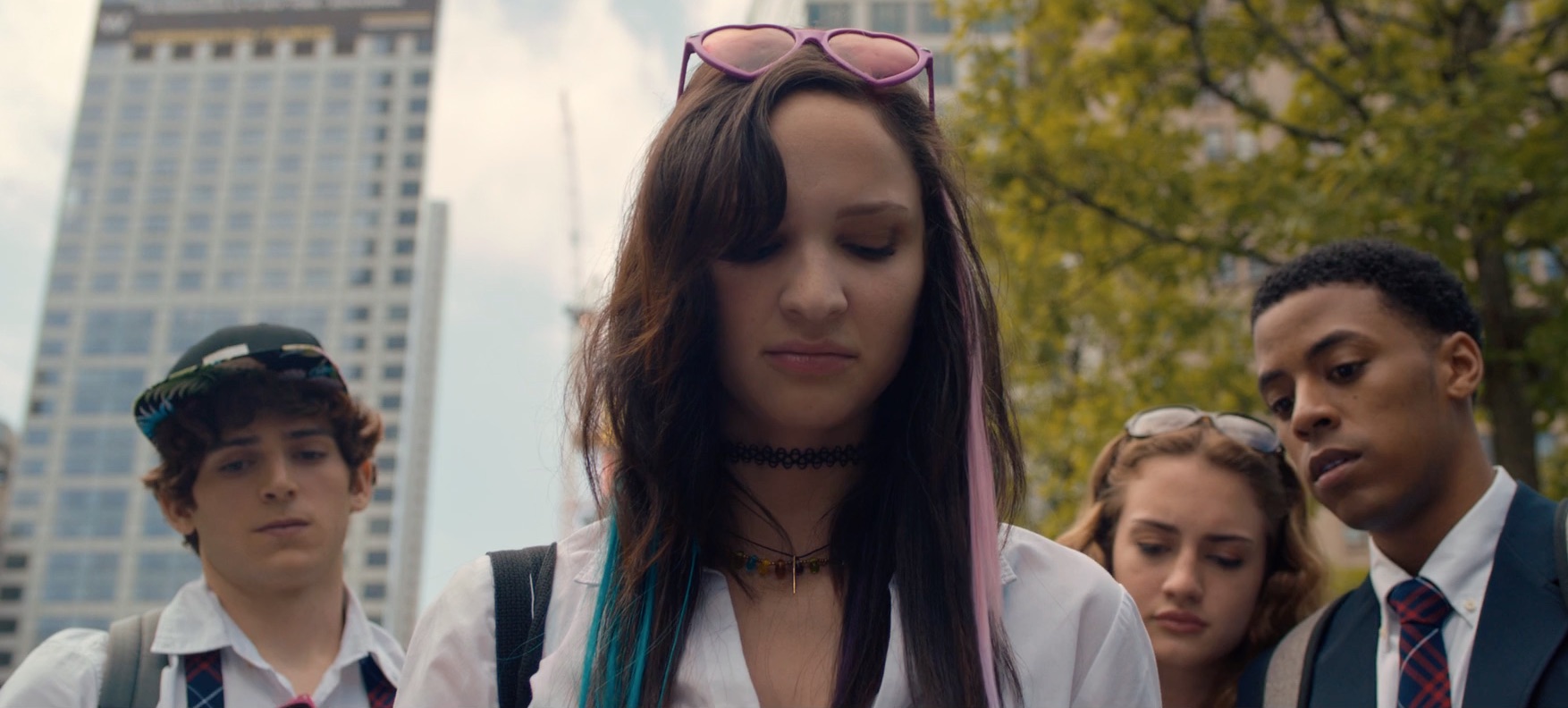
From the opening frames of Justin Reinsilber’s slasher redux Central Park, one senses that the writer-director knows his genre tropes to the letter. A gentle camera pan across the New York skyline, followed by a slow zoom into the lush, green lungs of the metropolis, the serenity of the images made boisterous by a grab-bag of ambient city sound effects...the year could be 1980, and Joe Spinell’s ‘maniac’ could be sharpening his scalpel just out frame.
Which suggests that Central Park is just another fanboy homage to those slice-and-dice VHS rentals, a film that would play just as well (probably, better) in the pan-&-scan format, peppered with snowy scratches growing deeper with every roll over an uncleaned VCR head. But feature debutant Reinsilber has several years worth of variations on the kids-in-the-woods narrative on his mind and drags his teen blood-bags into at least the first decade of the 2000s. His narrative references (many times over) the Bernie Madoff scandal and, in a heartfelt moment only a true New Yorker could fathom, an orphaned teenager’s grief over 9/11.
Beats more familiar with 90s-style ‘masked killer’ slashers (Scream, 1996; I Know What You Did Last Summer, 1997) provide the framework. The social standing of preppy rich-kid Harold (Justiin A. Davis) is taking a beating after it’s revealed his father has Ponzi-ed the hell out NYC’s wealthiest, most of whom have kids in H’s class. With his hot socialite gf Leyla (Grace Van Patten), her bestie Sessa (Ruby Modine), doper Mikey (Deema Aitken), third wheel Donna (Malika Samuel) and bro’ dude Felix (Guillermo Arribas), he heads deep into Central Park to smoke and drink his blues away.
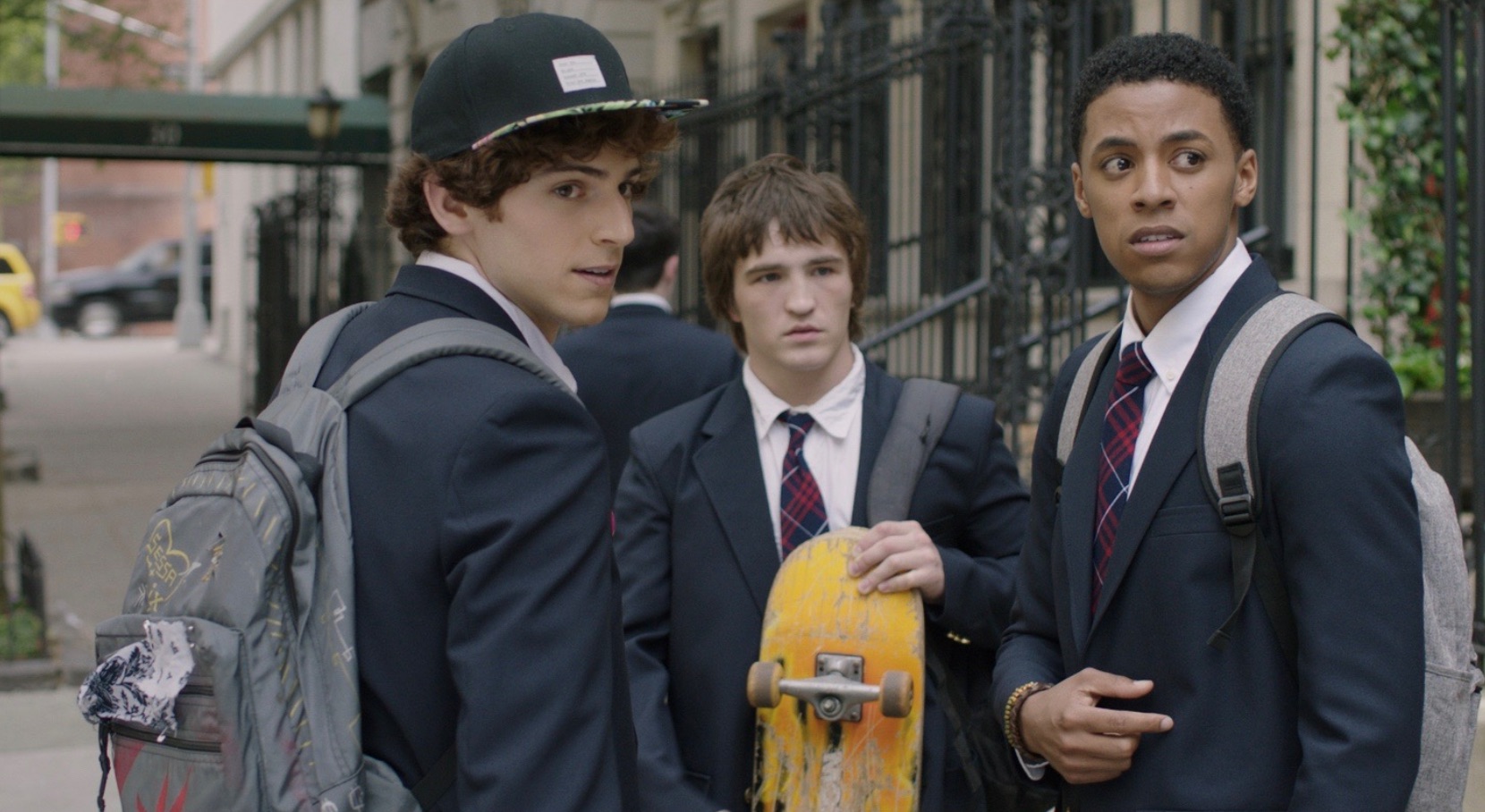
The film’s raison d'être is to kill off the rich kids, of course, and there is some tension created in trying to deduce which of these brats will emerge mostly intact. To his credit, Reinsilber’s script has ambition’s beyond blood’n’gore (though visual and sound effects departments deliver in that regard); he weaves initially ambiguous subplots (a school teacher and his wife; two cranky veteran cops) into a third act resolve that has a genuine element of surprise. This extends to not one but two mysterious figures in the park, with their identities and motives intertwined, ultimately providing further moments of unexpected plotting. The ending plays like a franchise kicker, but not in the manner usually associated with slasher pics.
Ironically, contemporary elements undo some of Reinsilber’s good work. Mobile phones play too big a part in plot developments, either found coincidentally or not used when they should be. Credibility is also stretched when one recalls that all this carnage is happening in Central Park, not the Appalachian Trail; running 50 feet in any direction means you’ll find a path, possibly some people, maybe a street. And when Nicole Balsam’s park patrol cop says it’s been a quiet night about 70 minutes into the film, one wonders where the f*** she’s been.
A final mention must be made of Eun-ah Lee’s cinematography, which recaptures the rich, dark shadows and warm colours of the New York City we know and love from when films were shot on film.
CENTRAL PARK - Trailer from Jinga Films on Vimeo.
 Independent,
Independent,  New York City,
New York City,  horror
horror 